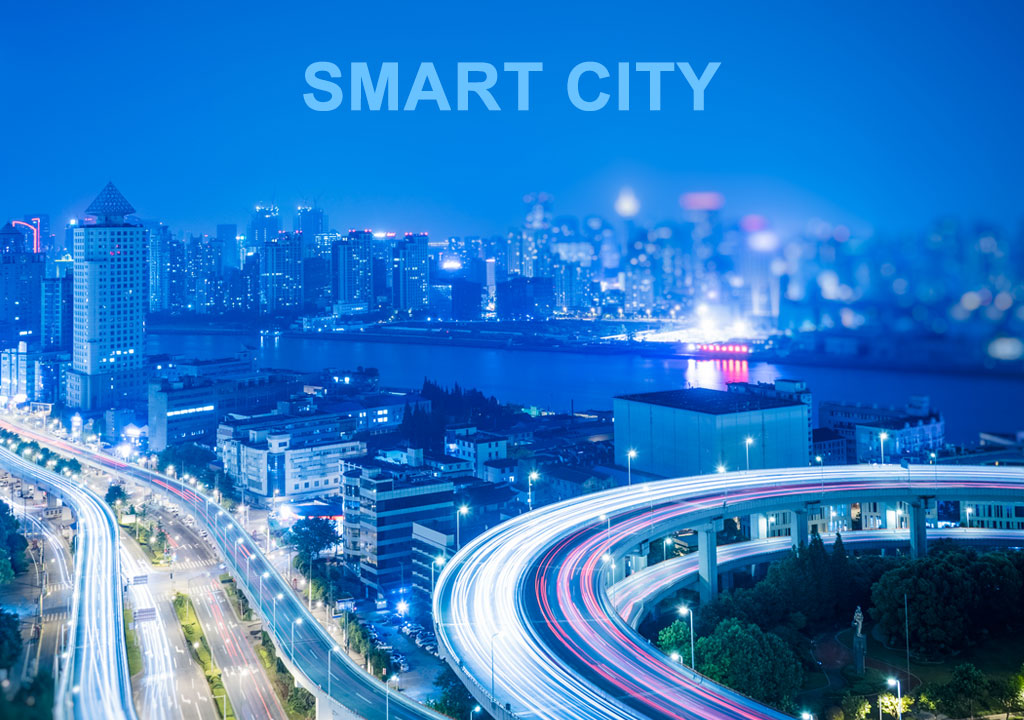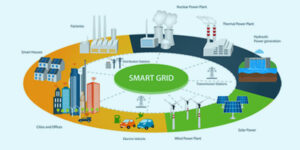INTRO: As the world becomes increasingly urbanized, cities are facing growing challenges, including those of pollution, waste management, and energy consumption. To address these, more and more cities are adopting smart technologies and data-driven approaches to create a more sustainable future. Let’s explore how these innovative solutions are leading the smart cities to a greener and cleaner future while also improving the quality of life of the people inhabiting these cities.
These cities also promote sustainable transportation options, such as public transit, biking, and walking, which can reduce the number of cars on the road and improve air quality
Smart cities are the cities that utilise advanced technologies and data-driven approaches to improve the quality of life for residents and to better manage resources. These cities are becoming increasingly popular due to their potential to make urban living more sustainable, efficient, and environmentally friendly.
One of the primary benefits of the smart cities is their ability to reduce energy consumption and greenhouse gas emissions. By using Internet of Things (IoT)– based sensors and data analytics, smart cities can optimize energy usage in buildings, lighting, and transportation systems. This, in turn, can lead to significant reduction in carbon emissions and energy costs.
These cities also promote sustainable transportation options, such as public transit, biking, and walking, which can reduce the number of cars on the road and improve air quality. In addition, the smart cities use data analytics to optimise traffic flow and reduce congestion on the roads, thereby reducing emissions and improving air quality.
Another way that smart cities can help create a greener, and cleaner, future is by improving waste management. Smart waste management systems available in these cities can optimize collection route, reduce the amount of waste sent to landfills, and increase recycling rates. This can lead to significant reduction in greenhouse gas emissions and help conserve natural resources.
Overall, the smart cities have the potential to play a significant role in creating a greener and cleaner future. By using advanced technologies and data-driven approaches, these cities can help reduce energy consumption, promote sustainable transportation, improve waste management, and promote green spaces and biodiversity.
DISCLAIMER
Observations and options expressed in the article (except where specifically validated by market numbers and stats) belong to the contributing writer of the article, and are not necessarily indicative of the company’s position and stance in the matter.












